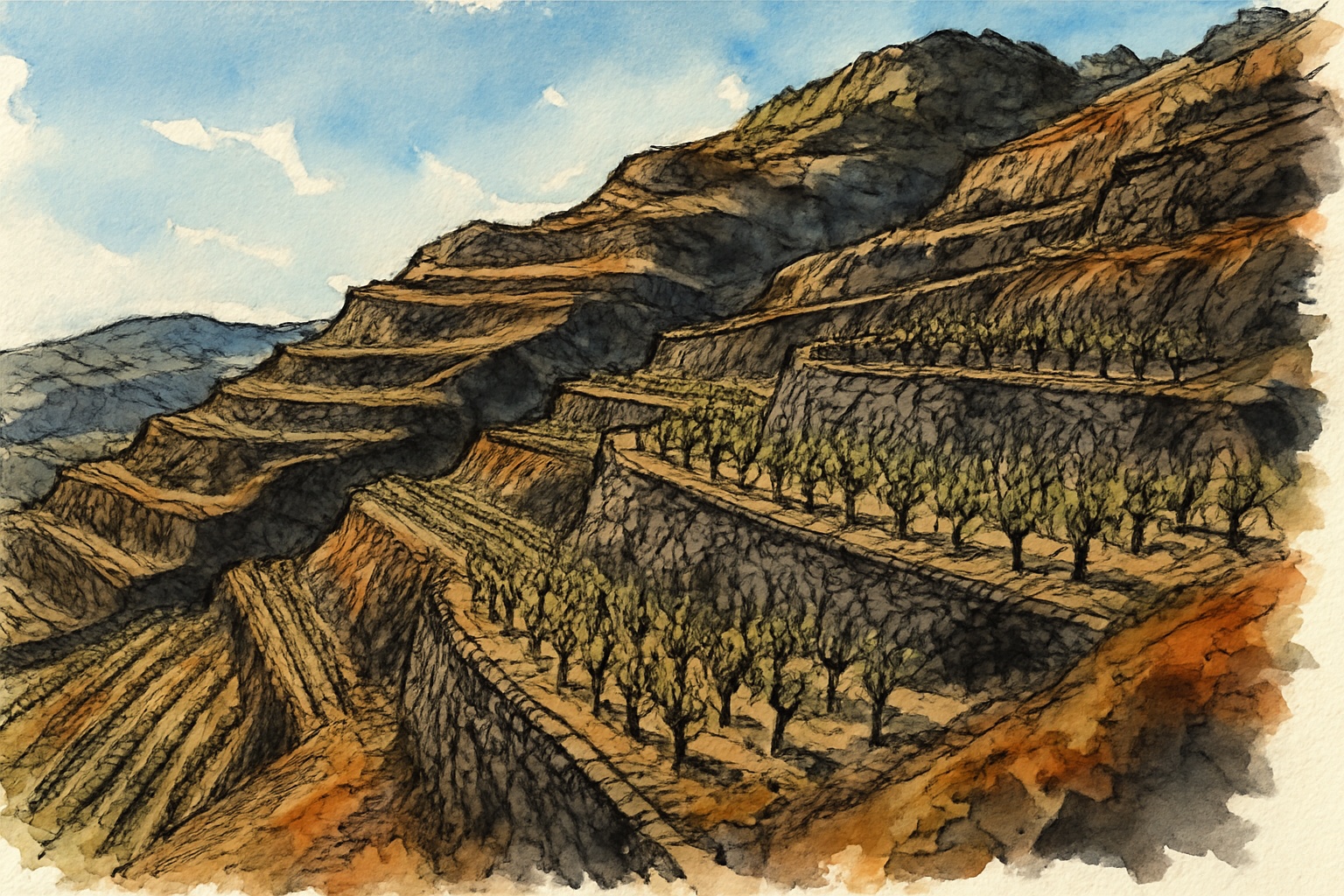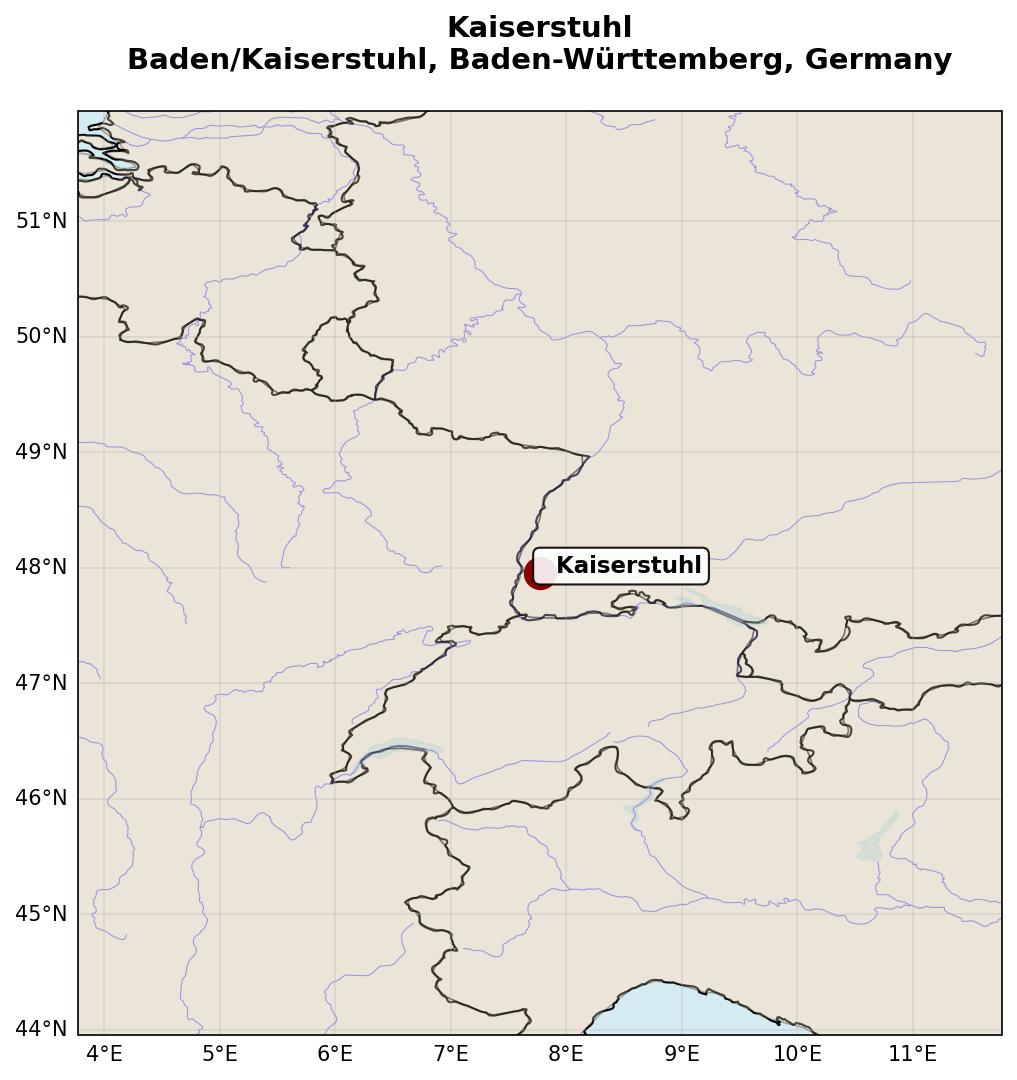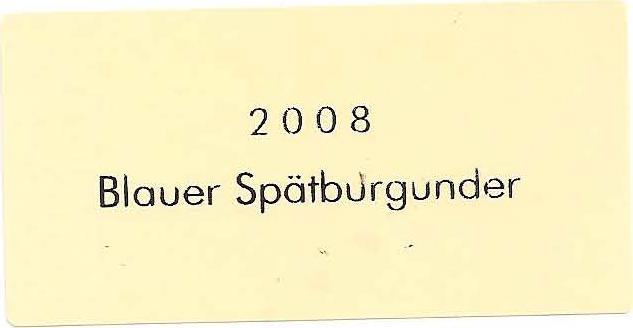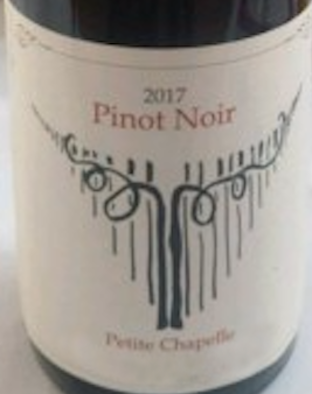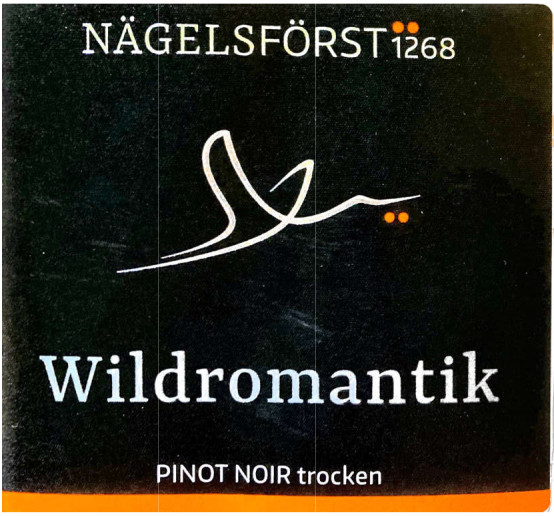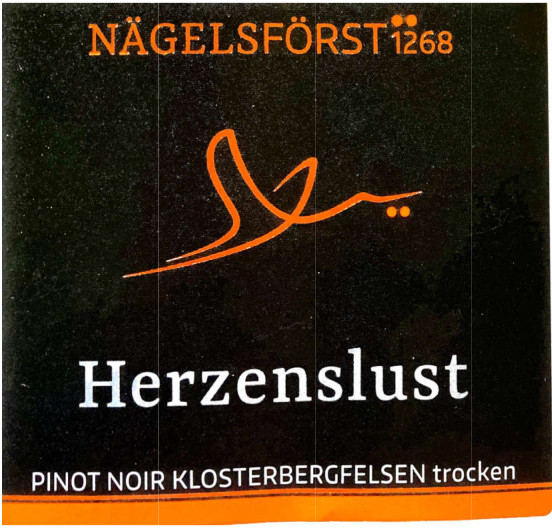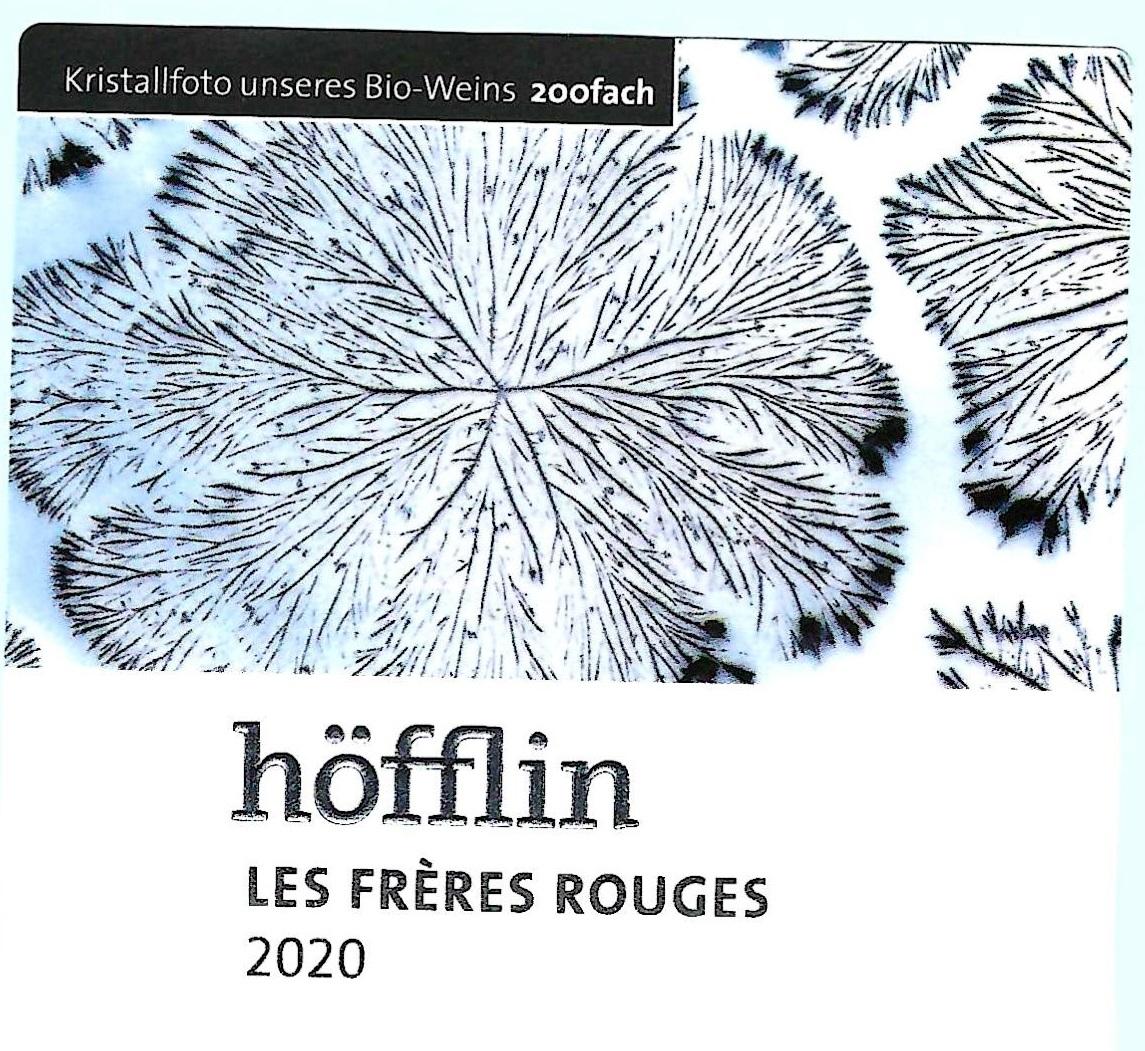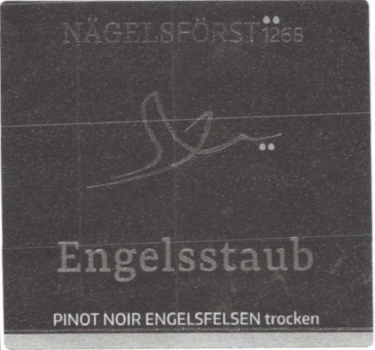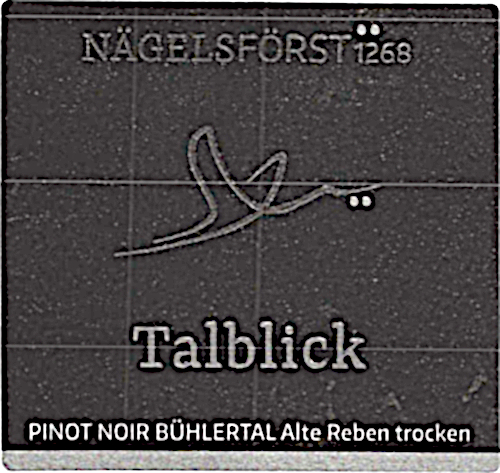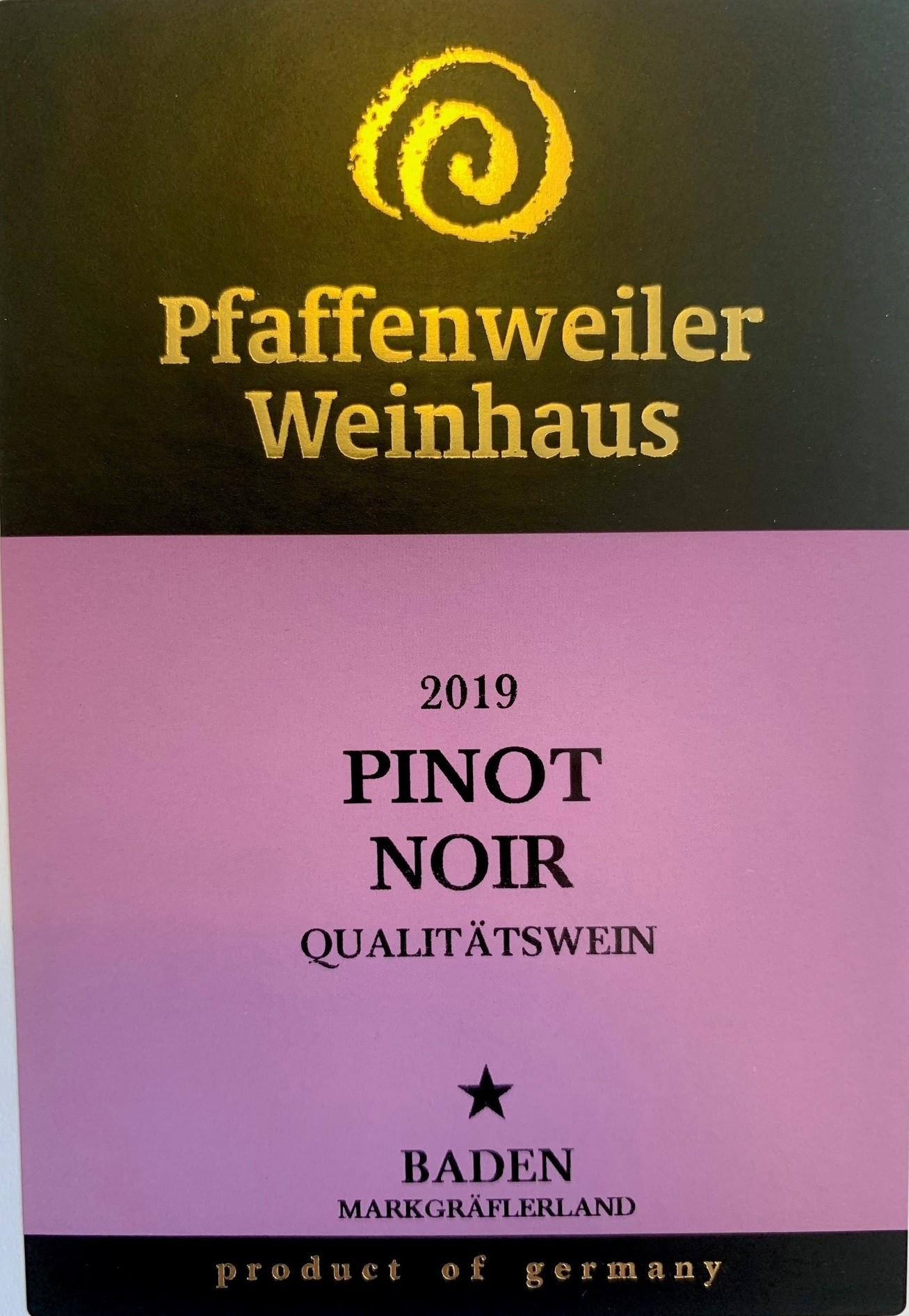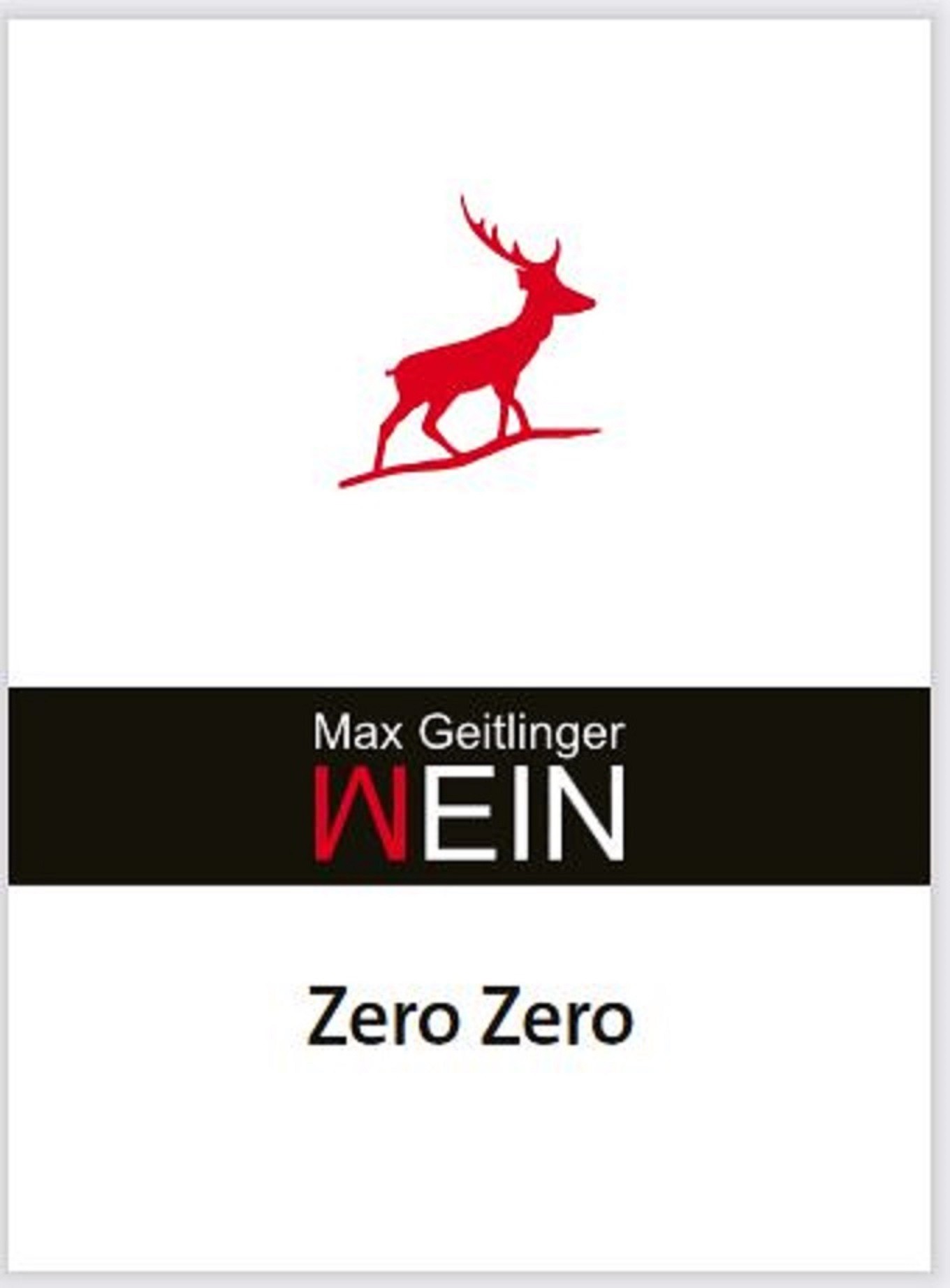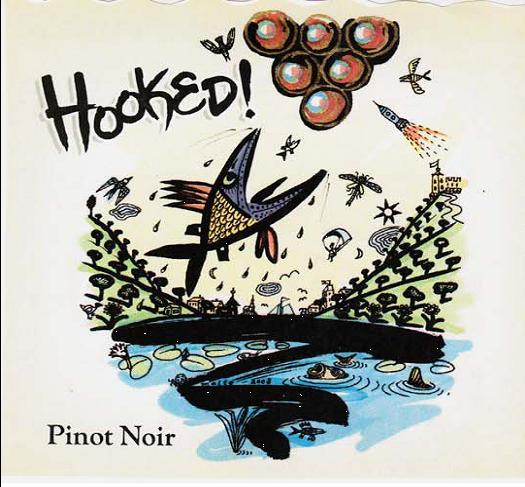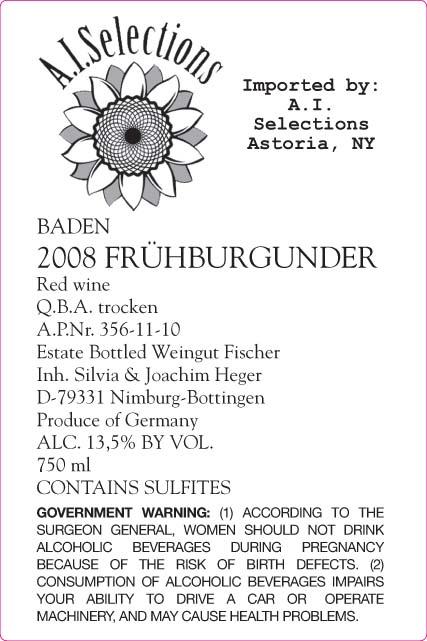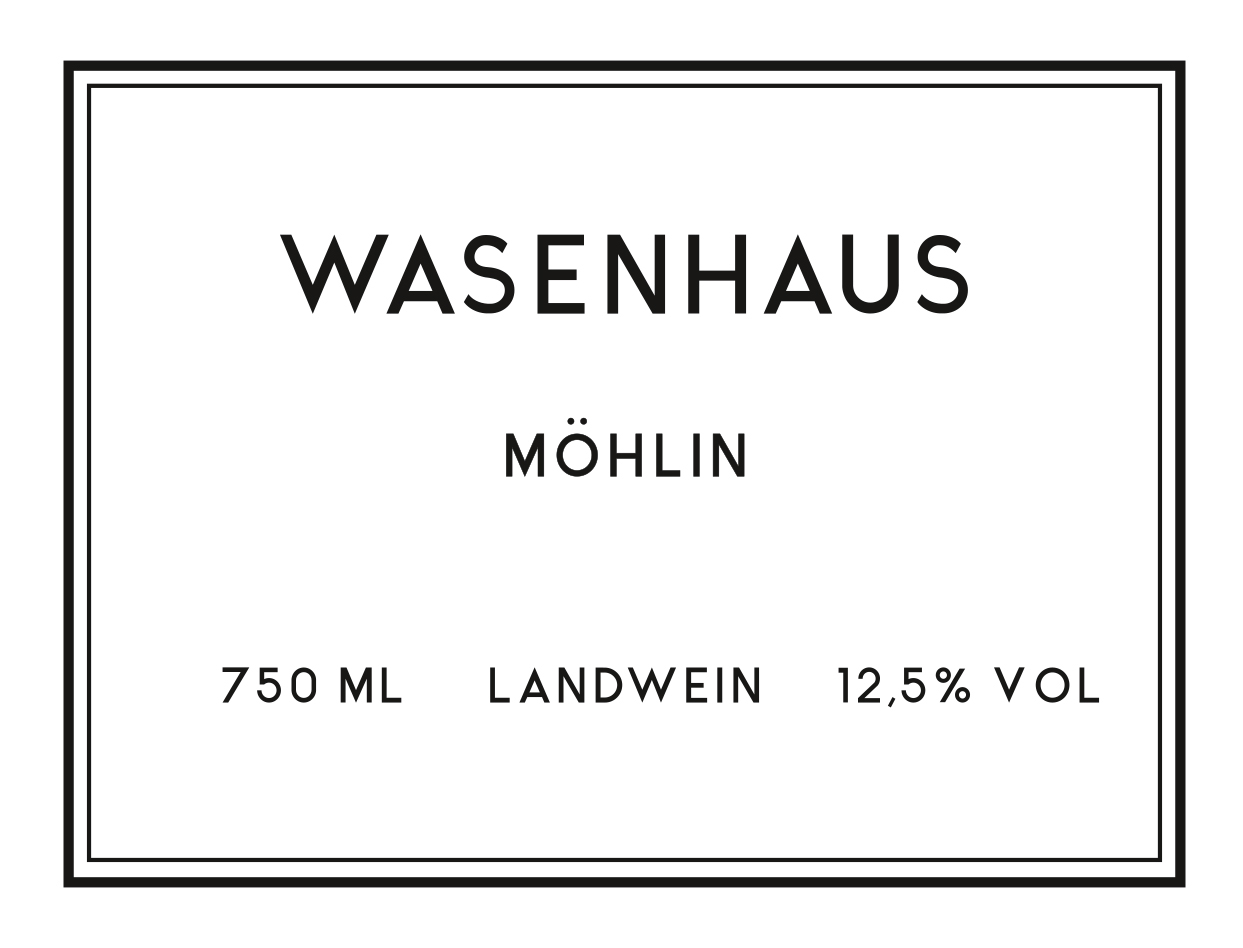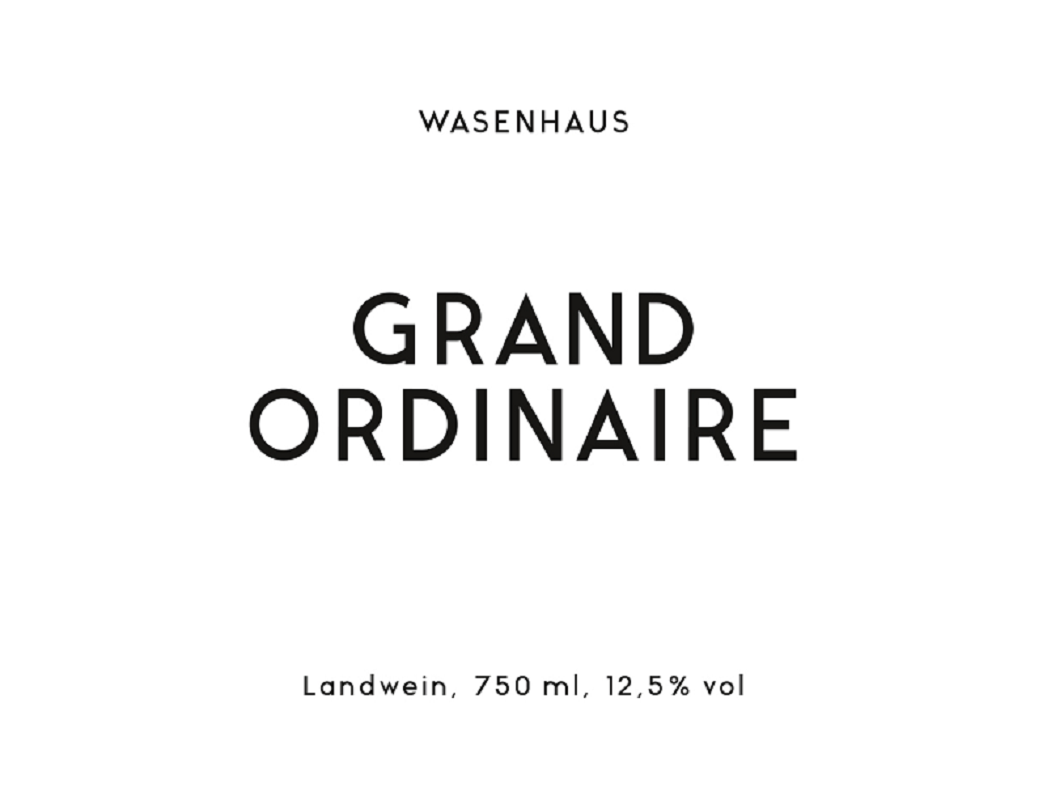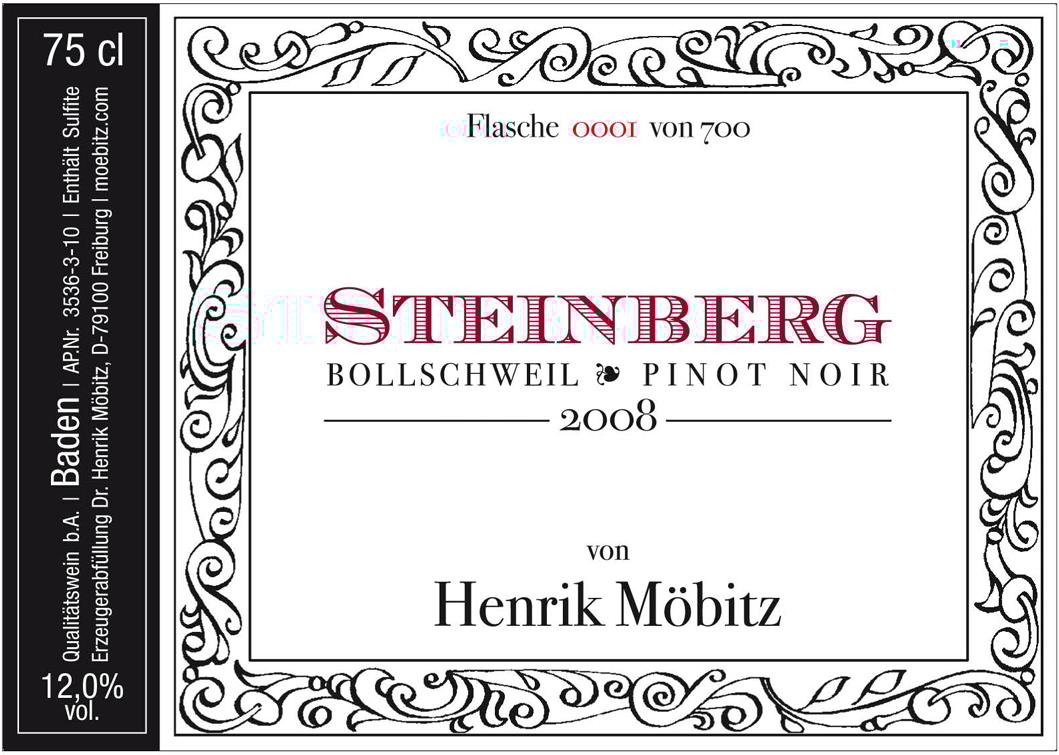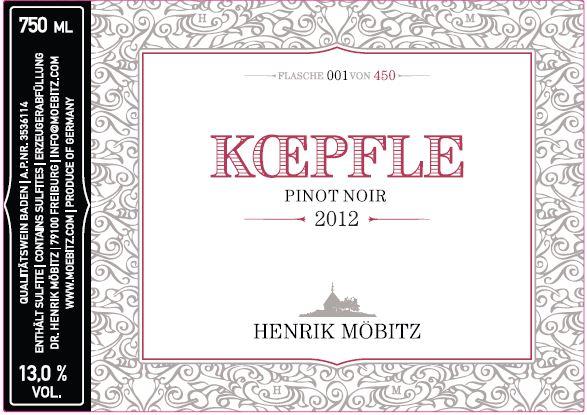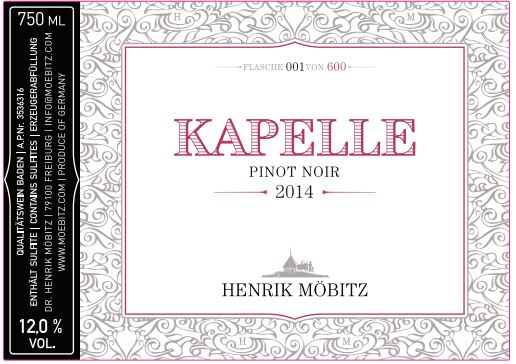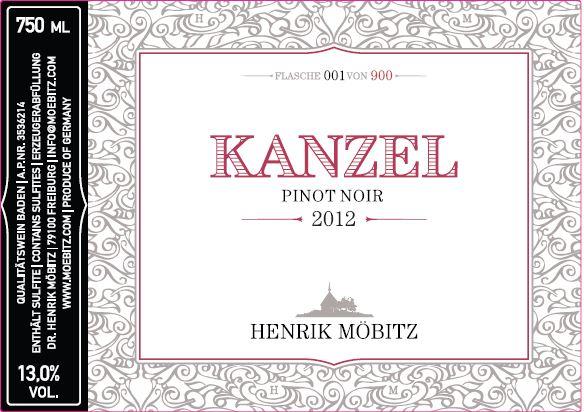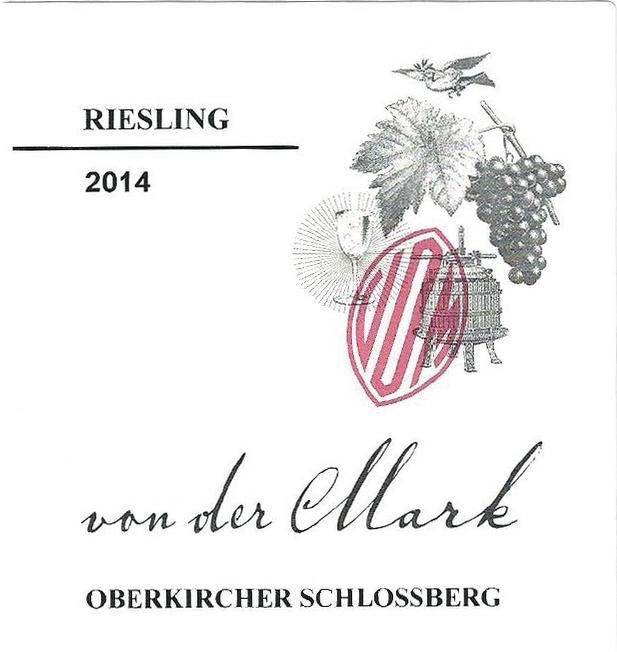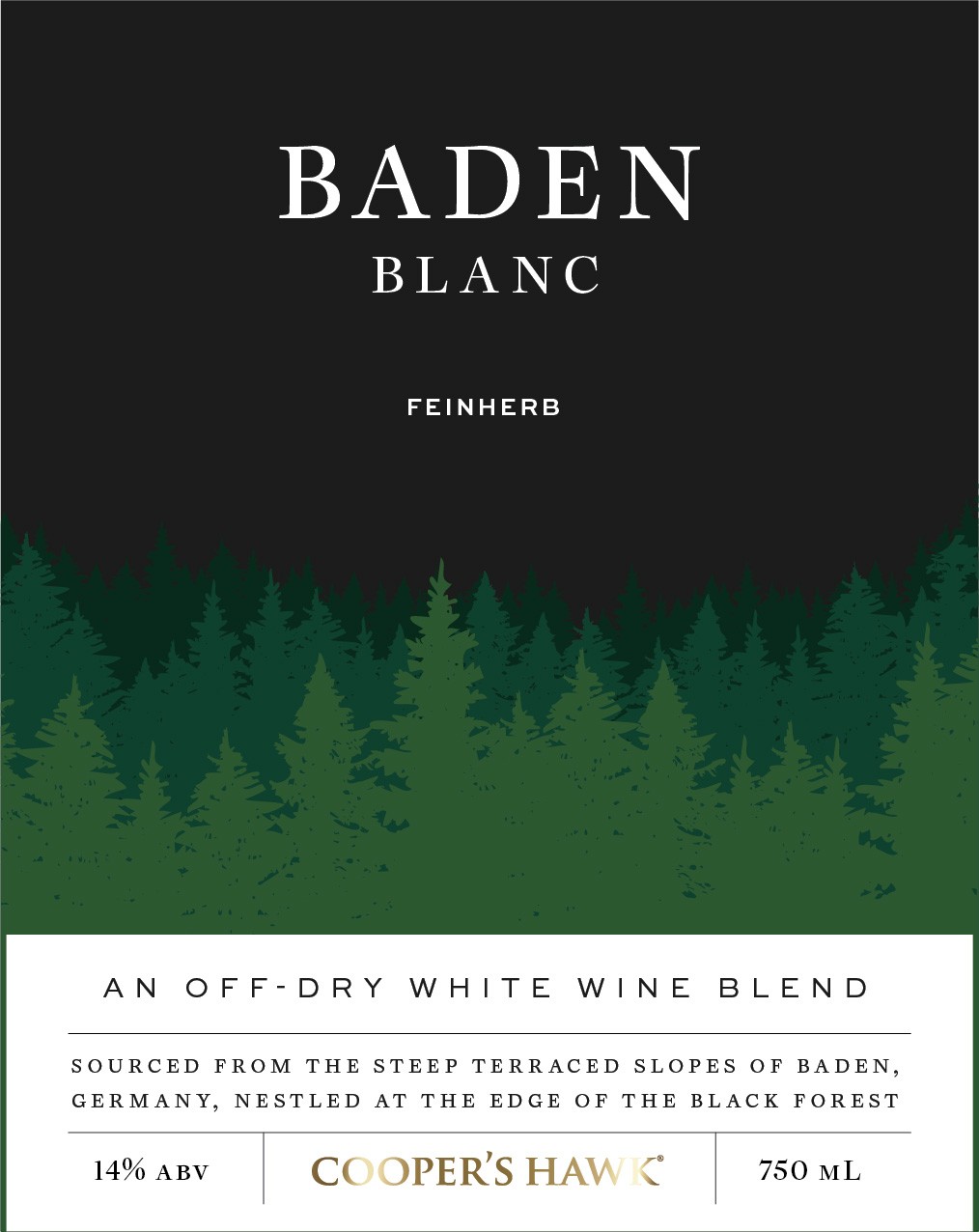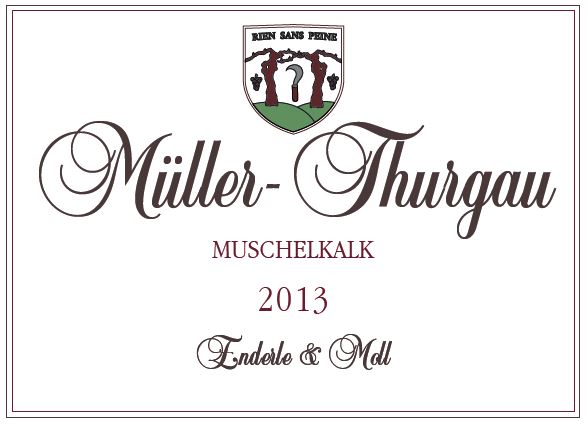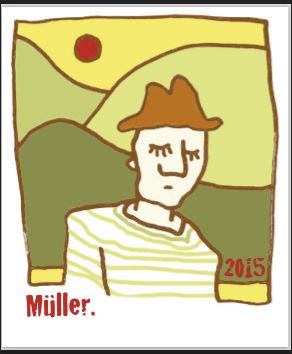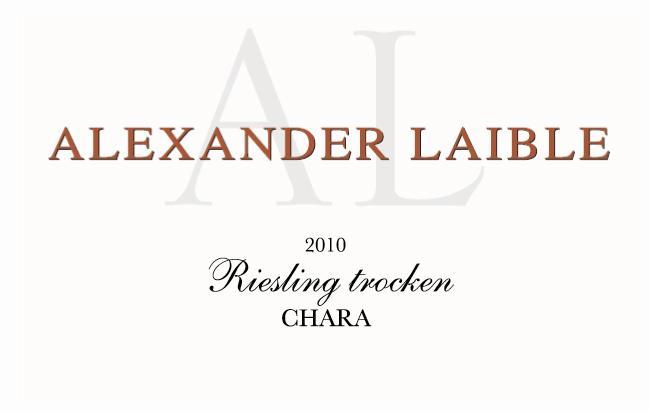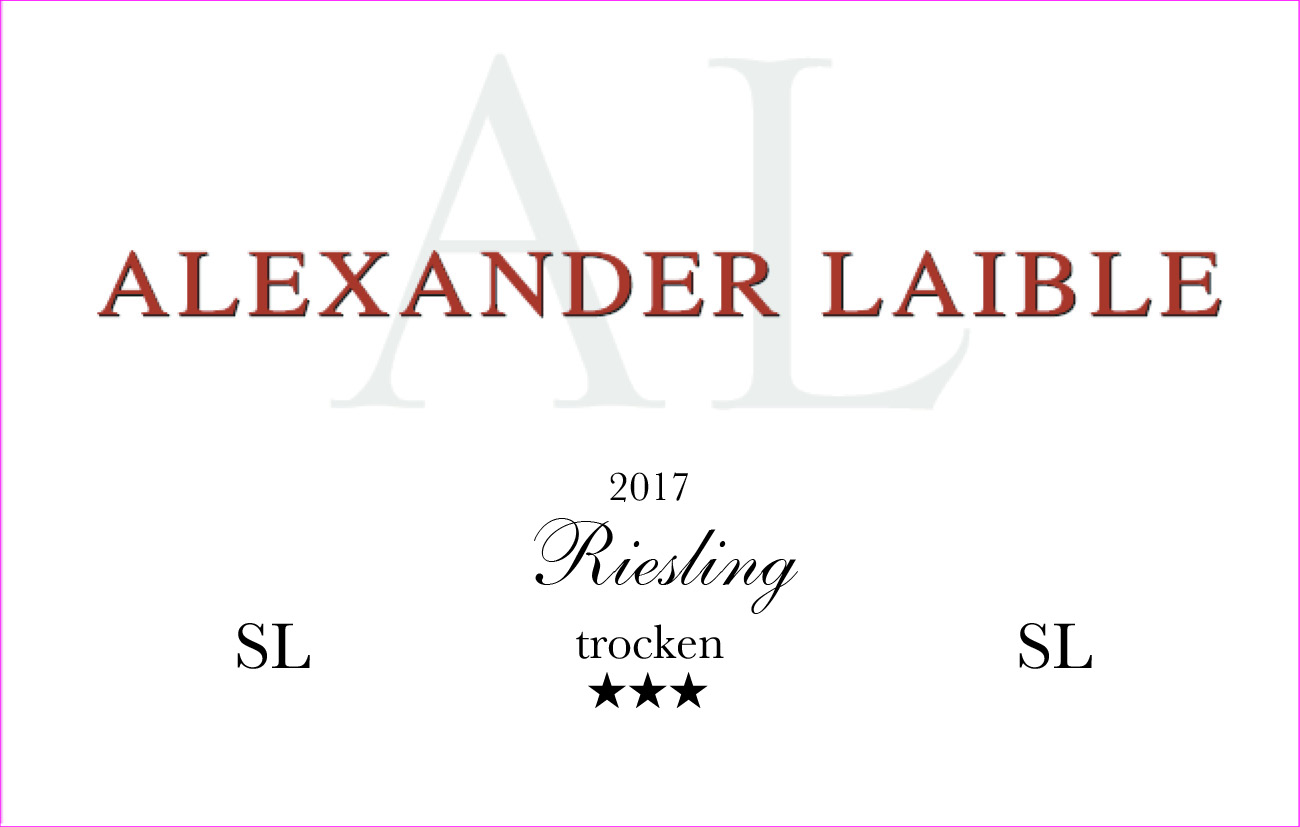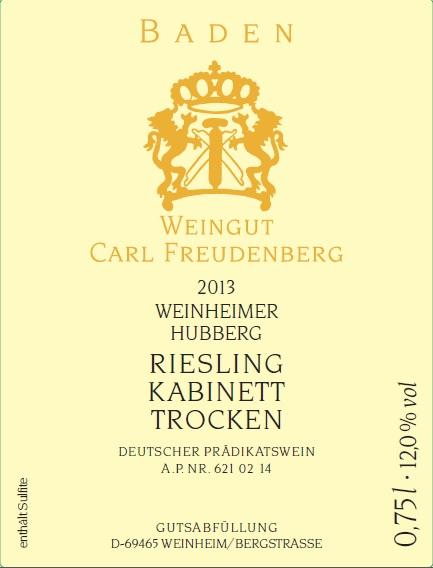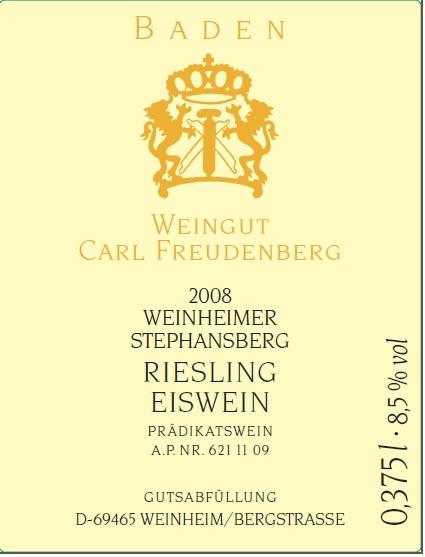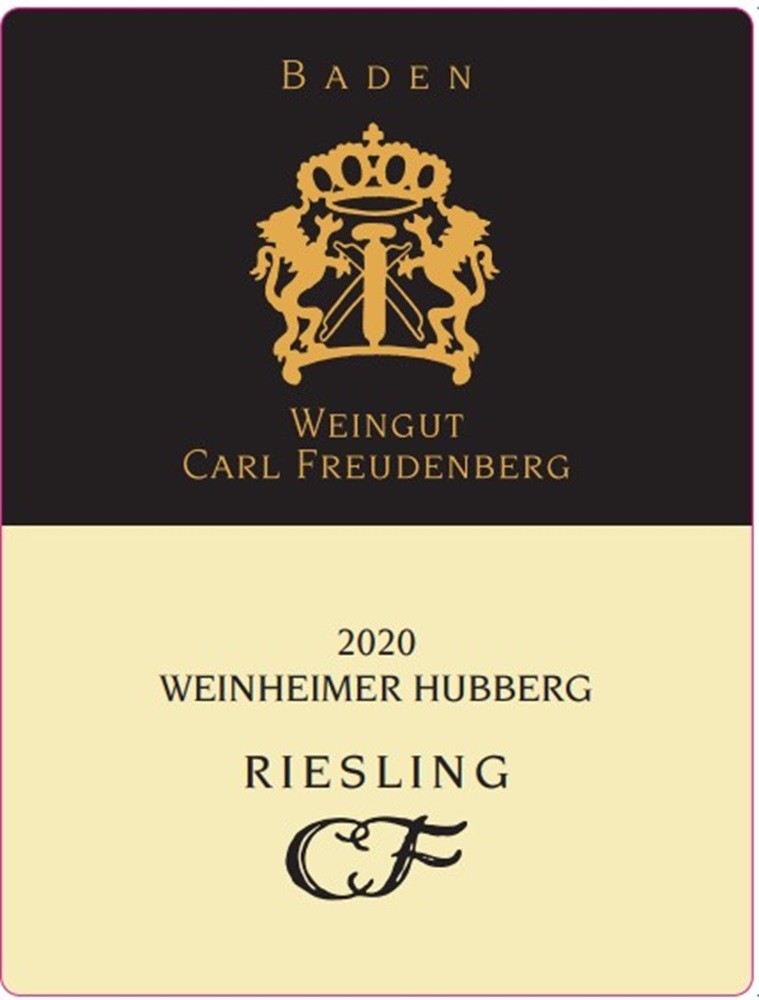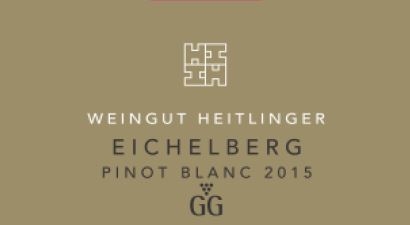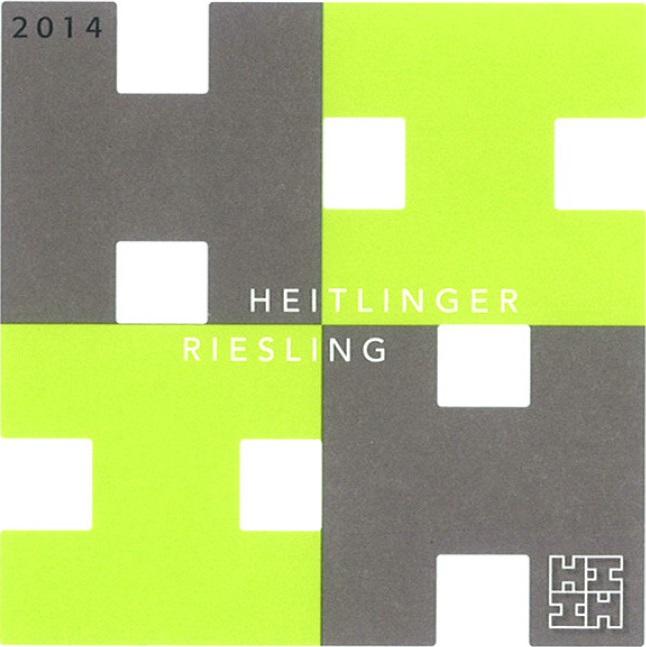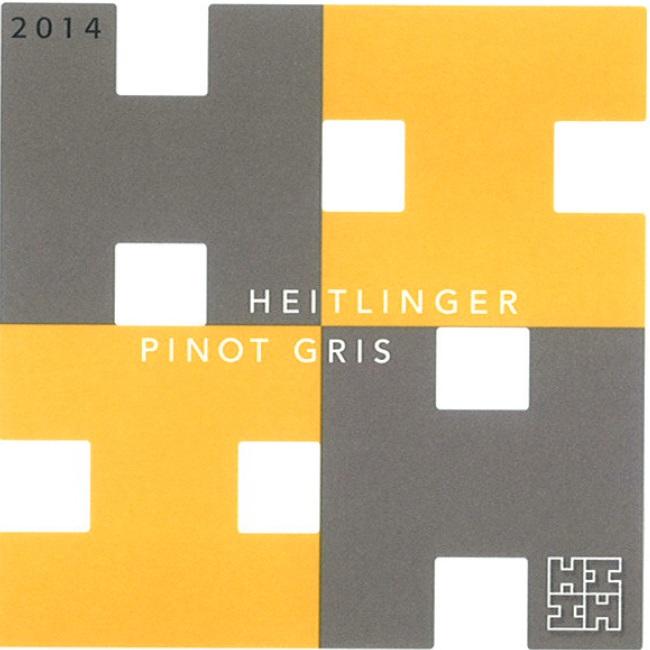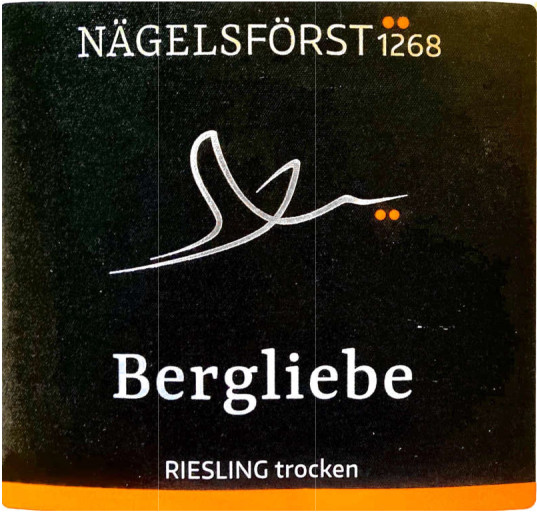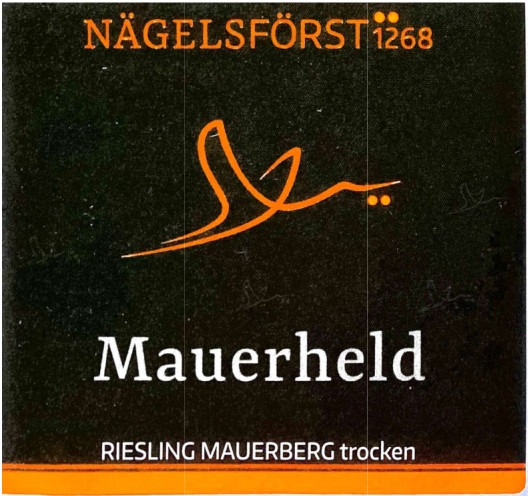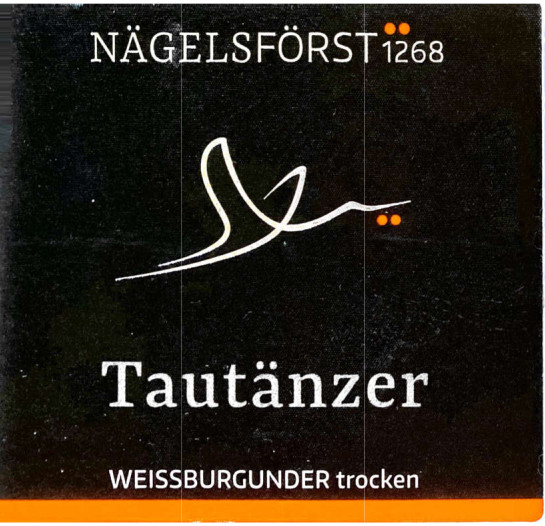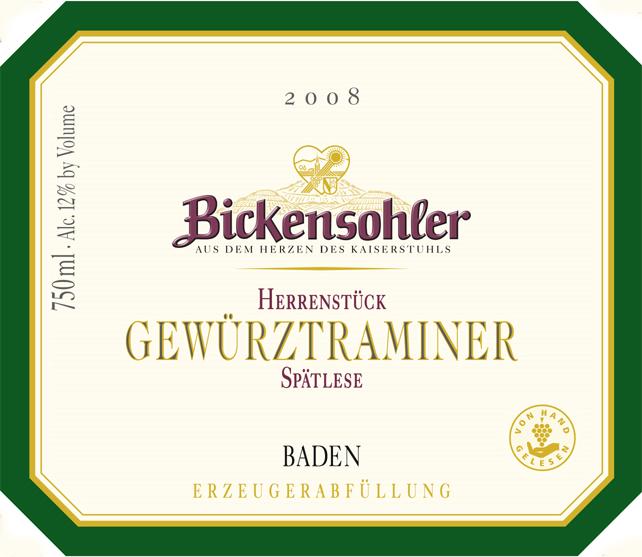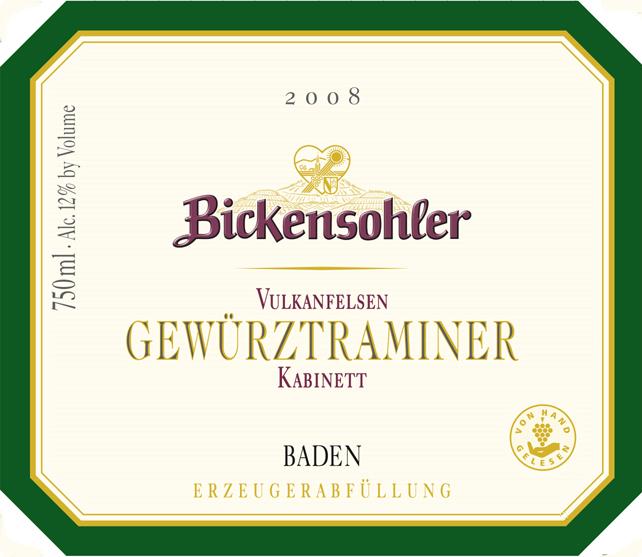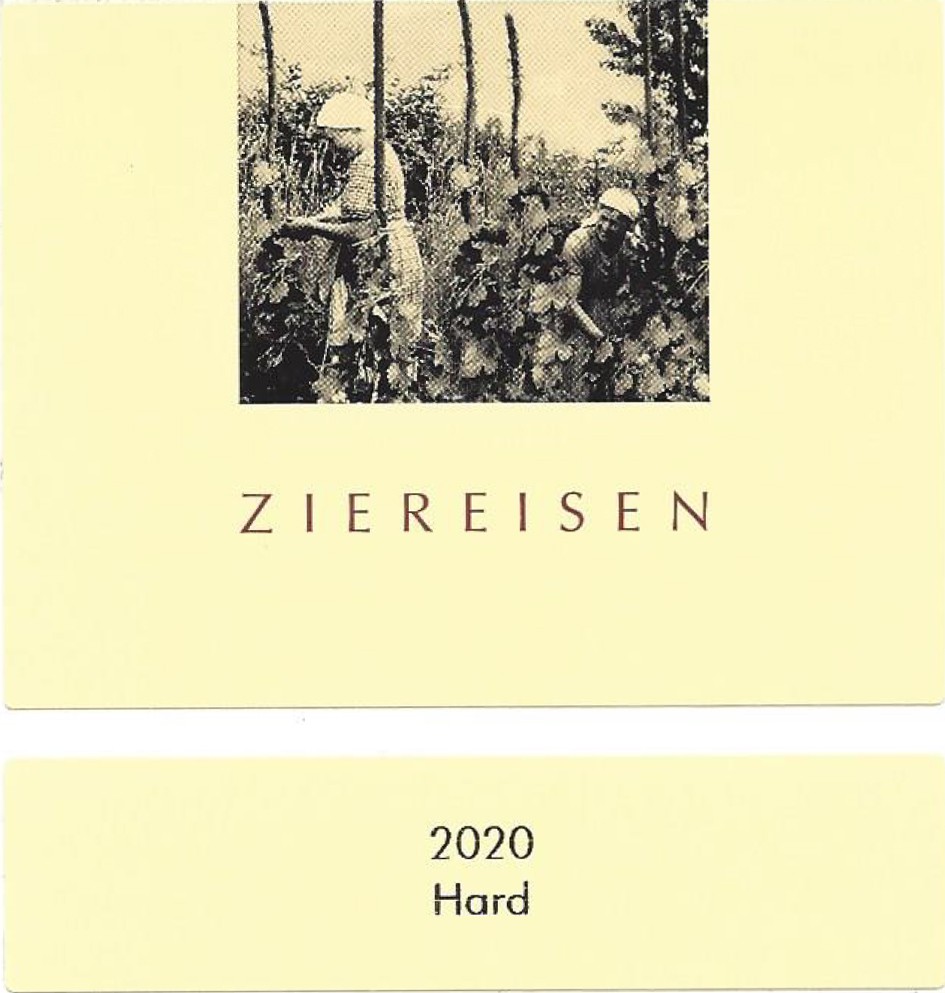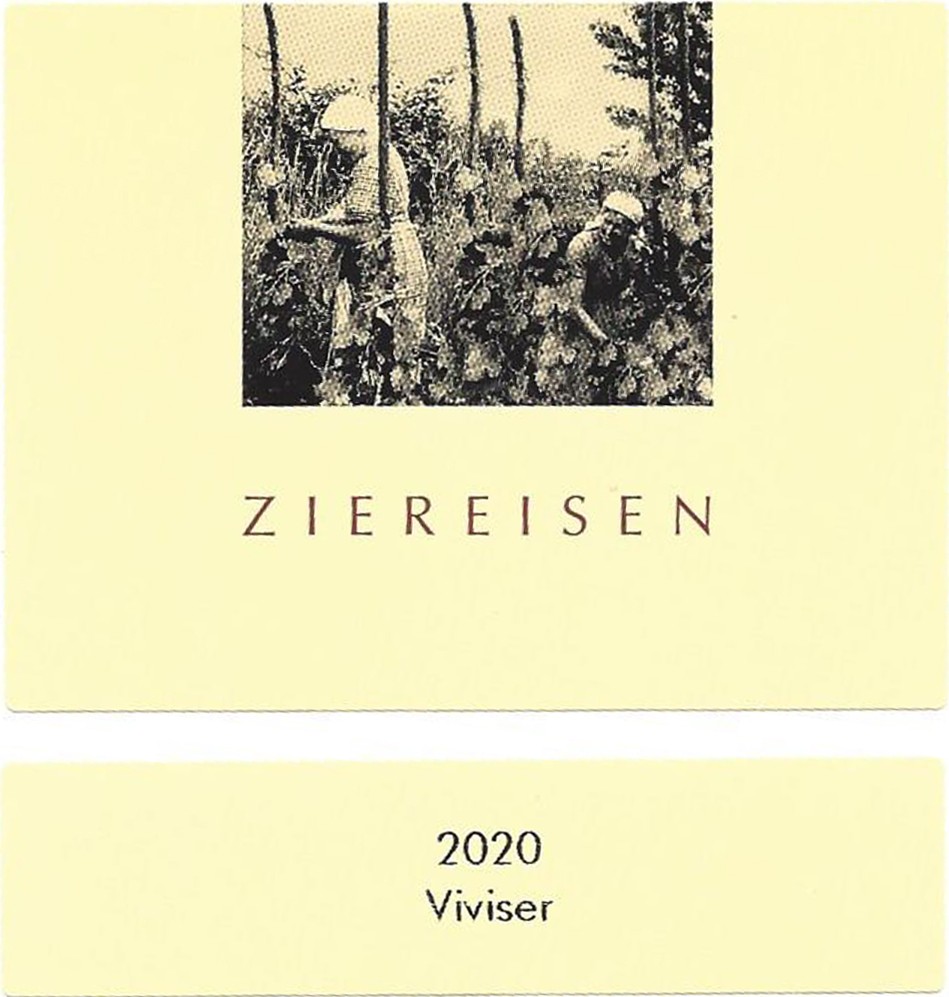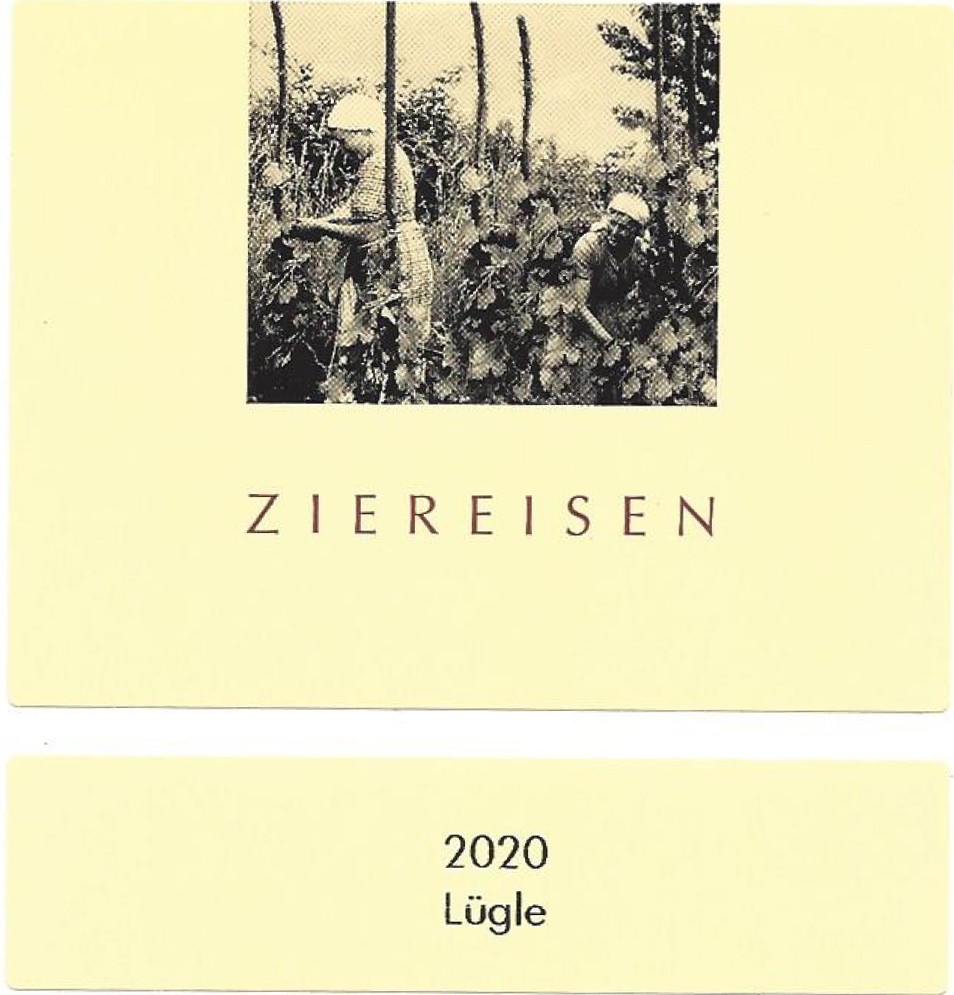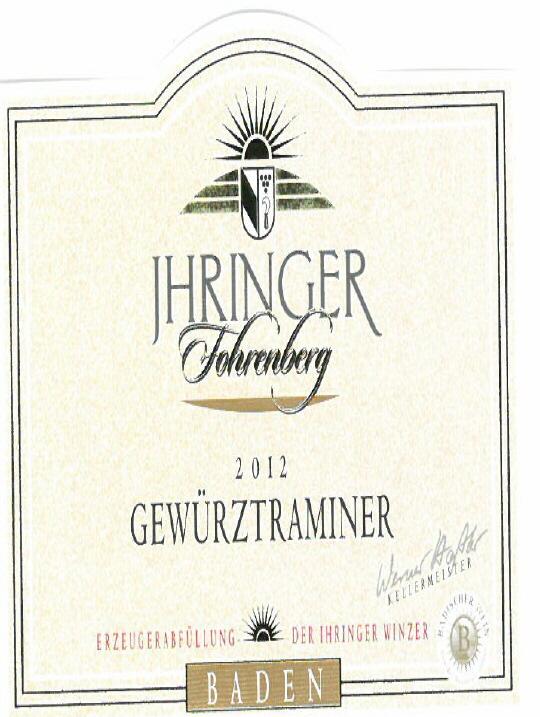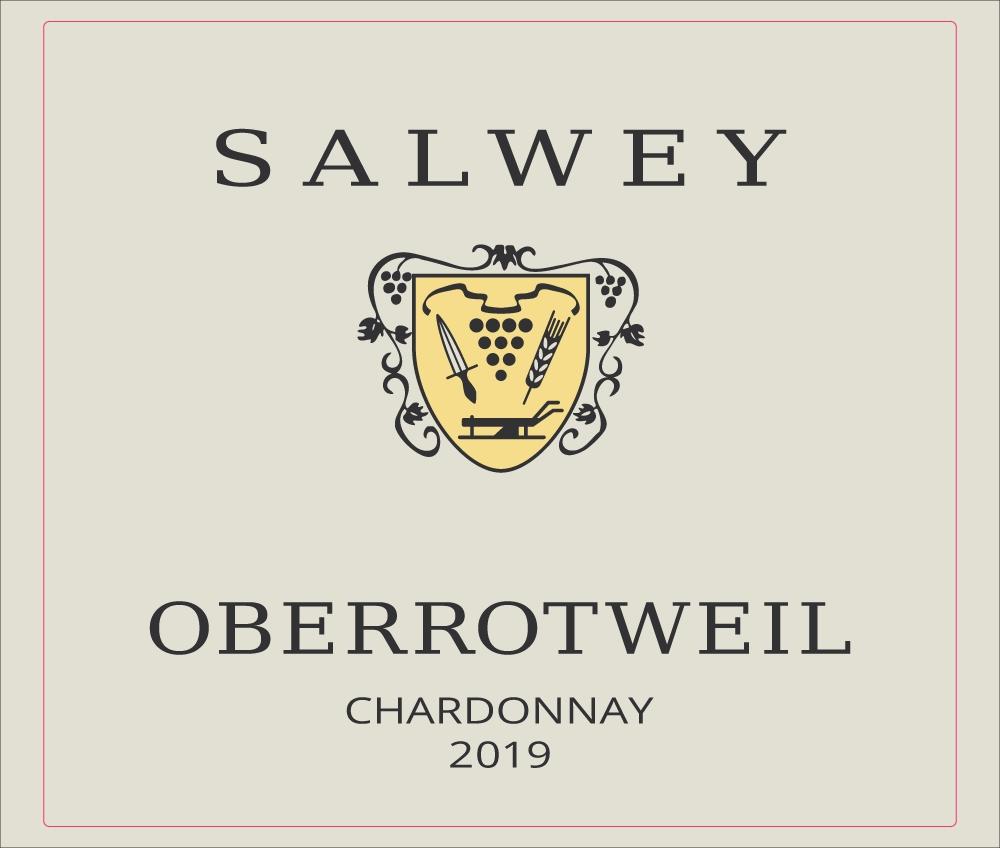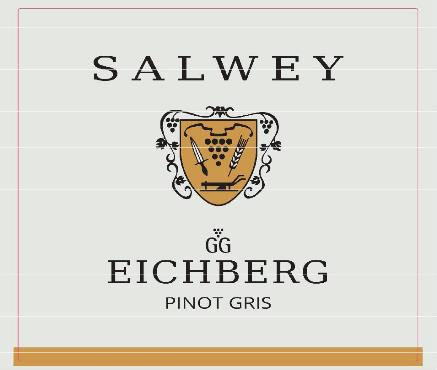Terroir of Kaiserstuhl
The Kaiserstuhl region's terroir and climate are key to its celebrated wines. The vineyards rest on a Tertiary volcanic bed, with loess soils from the Ice Ages that store and drain water well. These soils, coupled with the heat-retaining volcanic rock, provide an ideal environment for vine growth.
Characterized by compact hills and terraced slopes, the vineyards benefit from south and southwest exposure, capturing ample sunlight. As one of Germany's warmest regions, the area enjoys mild winters and hot summers. Protected by the Vosges' rain shadow, the region receives low rainfall and abundant sunshine, allowing grapes to ripen fully while maintaining acidity.
Microclimates vary with elevation and aspect, offering cooler nights at higher sites. This diversity, combined with deep loess and breezy evenings, fosters wines of balance and finesse, particularly enhancing Pinot varieties.
Notable Wineries in Kaiserstuhl
Baden's Kaiserstuhl region, with its unique volcanic terroir, is home to several notable wineries that highlight local grape varieties. Here are some standouts:
- Badischer Winzerkeller: Situated in Breisach, this prominent cooperative is celebrated for producing dependable wines that offer excellent value. It focuses on local grape varieties and features an expansive visitor center.
- Weingut Dr. Heger: Located in Ihringen and Achkarren, this winery is renowned for its age-worthy Spätburgunder and Weissburgunder, crafted from prime hillside vineyards with skillful use of oak.
- Kaiserstuhl Villages: The villages of Achkarren, Oberrotweil, Burkheim, and Ihringen are home to esteemed family-run wineries, known for crafting some of the region's most unique wines.
Sustainable Winemaking in Kaiserstuhl
The Kaiserstuhl region in Baden, Germany, is embracing sustainability with initiatives that respect its unique volcanic terroir and Mediterranean-like climate. Vineyard owners are increasingly adopting organic and biodynamic farming techniques, using cover crops to enrich the loess soils and relying on the dry climate to minimize spraying needs.
Growers employ smart pest management, using beneficial insects and strategic planting to safeguard Kaiserstuhl’s nature reserves. Water conservation is key, with the deep loess retaining winter moisture, reducing the need for irrigation. Wineries are shifting to renewable energy and energy-efficient equipment, enhancing their eco-friendly efforts.
Packaging innovations include lightweight bottles and recycled materials, while composting organic waste supports sustainable practices. Local associations foster a collaborative spirit, encouraging vineyards to share eco-friendly strategies and adapt to climate changes, ensuring the region’s commitment to sustainability continues to grow.
Wine Tourism in Kaiserstuhl
Baden's Kaiserstuhl region offers a vibrant wine tourism experience, set in a landscape marked by picturesque villages and historic sites. Visitors can explore Achkarren, Burkheim, Oberrotweil, and Ihringen, where vineyards stretch over rolling hills and ancient castle ruins.
Outdoor enthusiasts will enjoy the Kaiserstuhl Cycle Path and Weinwanderwege, which offer scenic views and insights into local geology and grape varieties. Year-round, the region hosts lively wine festivals and events that celebrate its Burgundy (Pinot) varieties.
Wine lovers can visit local cooperatives and family-run estates for tastings, cellar tours, and vineyard strolls. The area’s culinary scene, influenced by the Black Forest and Alsace, pairs local wines with regional dishes like Flammkuchen.
Additionally, the region's nature reserves and eco-friendly initiatives draw those interested in sustainable wine production, offering a comprehensive and enriching wine tourism experience.
